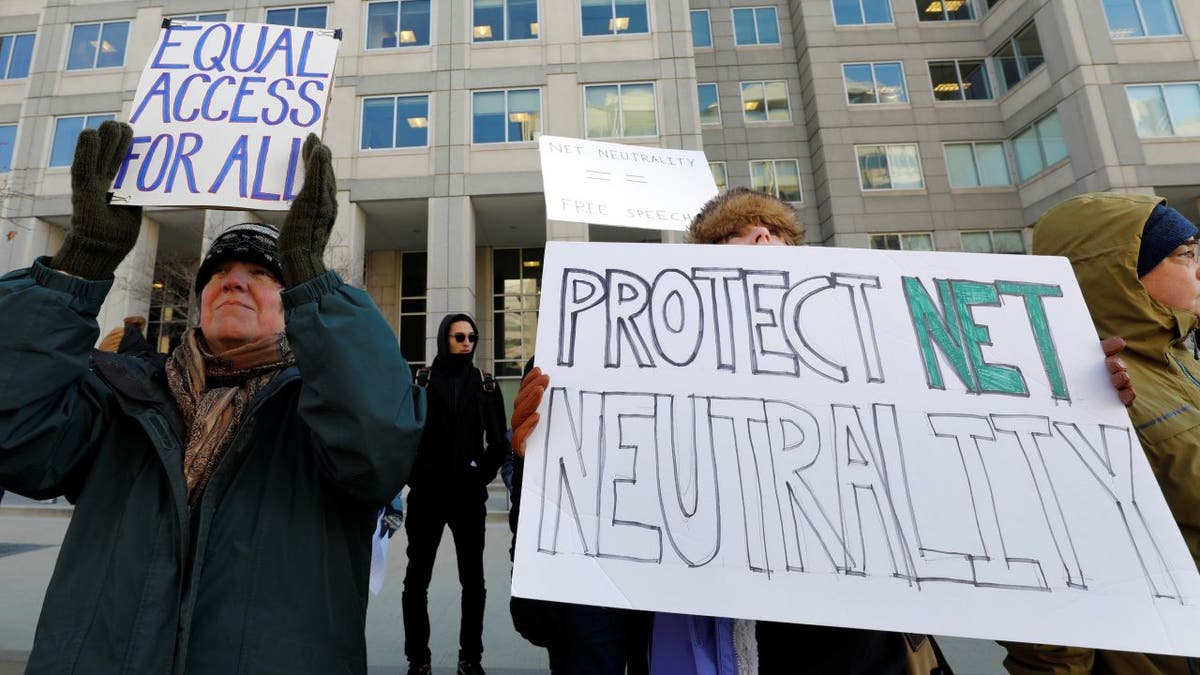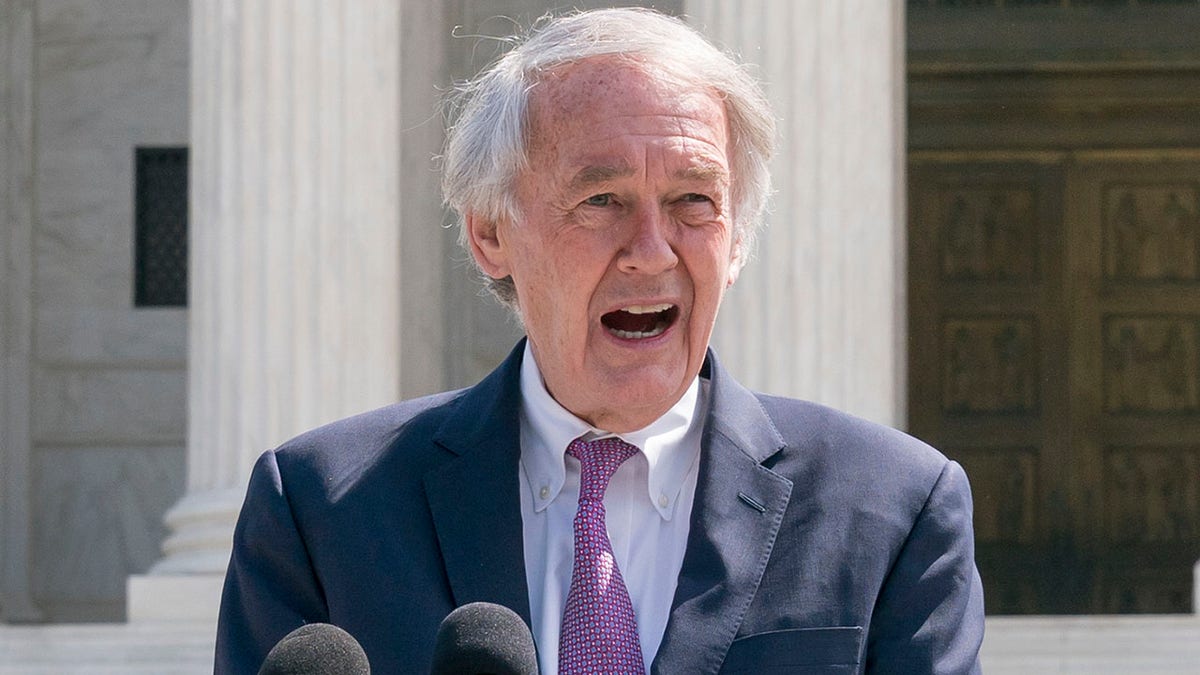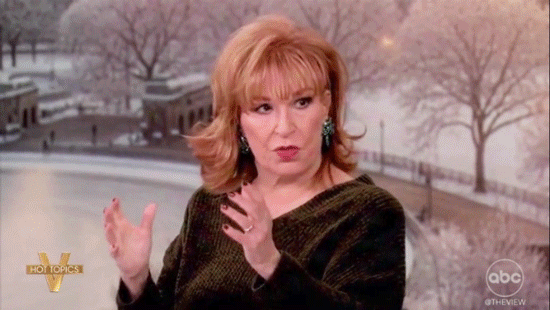Media top headlines December 14
In media news today, charges filed against a CNN producer of inducing minors for sex reveal shocking details, progressives erupt over Elon Musk being named TIME 'Person of the Year,' and The Atlantic's David Frum suggests unvaccinated patients should be treated last in hospitals.
Tuesday marks four years since The Federal Communications Commission repealed the Obama-era net neutrality rules, which imposed utility-style regulations on internet service providers (ISPs) and prevented them from favoring their own services or select customers over that of competitors.
Democrats and the media widely denounced the move at the time, calling it an encroachment on personal freedoms and would lead to the end of the internet as we know it. But their melodramatics have proven to be little more than that in the years since.
NET NEUTRALITY NIXED BY FCC: WHAT TO KNOW
Trump-appointed FCC chairman Ajit Pai, a free-market conservative, led the way to repeal the regulations, prompting public outcry from the media, legal challenges from Democratic state attorney generals and public interest groups, and a push by Democratic lawmakers to overturn the decision. Nationwide protests were held as consumers worried cable and phone companies would suddenly have greater control over what they see and do online, claiming that having the net neutrality rules in place made sure free speech wasn’t stifled by ISPs.

Net neutrality advocates rally in front of the Federal Communications Commission (FCC) ahead of Thursday's expected FCC vote repealing so-called net neutrality rules in Washington, U.S., December 13, 2017. REUTERS/Yuri Gripas
Several Democratic senators warned the repeal of net neutrality would cause the internet to "never be the same" or would "cease to exist."
"If the @FCC kills #NetNeutrality, the internet will never be the same," Sen. Ed Markey, D-Mass., said.
"Once again, the Trump administration sides with big money and against democracy. If this passes, the internet and its free exchange of information as we have come to know it will cease to exist," Sen. Bernie Sanders, I-Vt., warned.
The official Twitter account for Senate Democrats went as far as to predict that without net neutrality, internet users would only "get the internet one word at a time."

Sen. Ed Markey, D-Mass., hold a news conference outside the Supreme Court to announce legislation to expand the number of seats on the high court, on Capitol Hill in Washington, Thursday, April 15, 2021. (AP Photo/J. Scott Applewhite) (AP Photo/J. Scott Applewhite)
Many in the media echoed the Democrats apocalyptic messaging about the repeal of the regulations. Journalist Drew Holden, who has become known for viral Twitter threads highlighting media hypocrisy, documented some of the media's hysteria at the time.
CNN ran a banner story headlined, "End of the internet as we know it" on their homepage.
Washington Post tech columnist Geoffery Fowler predicted the internet would become the "hellscape" like airport security lines.
NBC News ran an article titled, "Ending net neutrality will destroy everything that makes the internet great."
FCC Commissioner Jessica Rosenworcel condemned the move at the time, arguing that it would give ISPs "the right to discriminate and favor the Internet traffic of those companies with whom they have pay-for-play arrangements and the right to consign all others to a slow and bumpy road."
Republicans hailed the action as "ending the agency’s micro-management of the internet" and allowing ISP's to operate "free of government control." The repeal, they said, put consumers and private businesses back in charge of how the internet operates, with an end to an anti-competitive insertion of government into private business dealings between competing companies.
CLICK HERE TO GET THE FOX NEWS APP
Nathan Leamer, who served as a policy adviser for Pai at the FCC, recounted the debate on Tuesday in a series of tweets and concluded how the doomsday predictions didn't come to fruition.









































